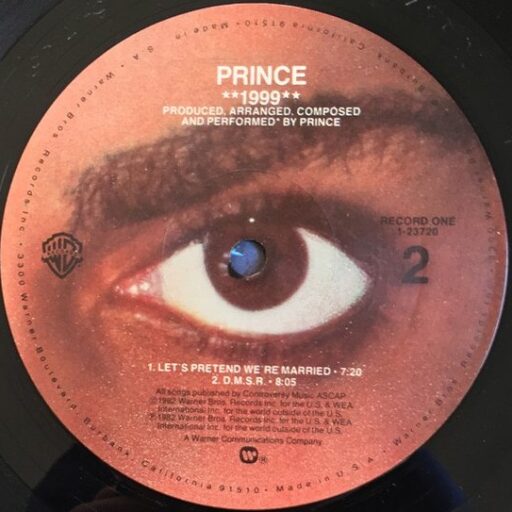Tag: owen husney
-
Roundup: Controversy, 1981
It’s a little hard to believe that I posted my Dirty Mind roundup almost exactly one year ago today. The ensuing year has been hectic for mostly day-job-related reasons, but I feel like I’ve finally hit my stride again. As always, thanks for coming along with me on this journey. I have a weird relationship with…
-
André Cymone, Godfather of the Minneapolis Sound: A Retrospective from an Alternate Timeline
It wouldn’t be fair to give a single artist credit for “inventing” the Minneapolis Sound; but the fact remains that when most music fans think of Minneapolis, one man in particular comes to mind. I’m talking, of course, about André Cymone.
-
Roundup: Dirty Mind, 1980
It’s been a long six months since my last roundup post, but this time I’m not going to make any promises about picking up the pace: my inherent slothfulness aside, Dirty Mind also marks the beginning of my personal favorite era for Prince, and I want to do it justice. Hopefully, with this latest batch of posts,…
-
Do It All Night
Prince had been structuring his shows as a kind of mass seduction since his first “official” live dates in 1979. Now, he had a custom-built vessel for these audience flirtations.
